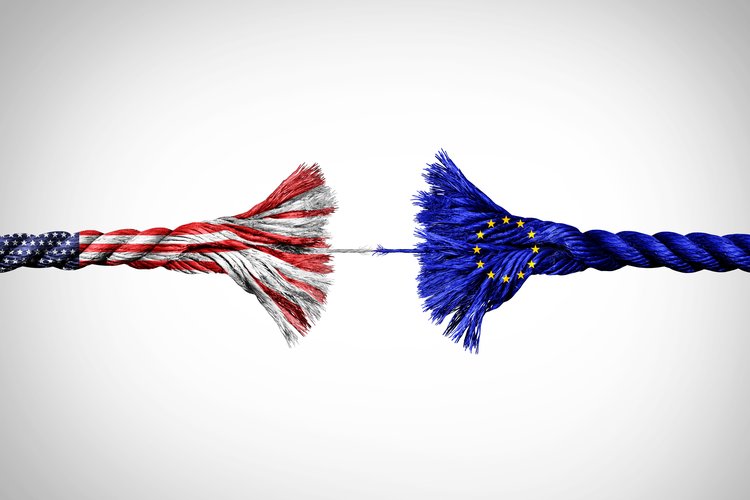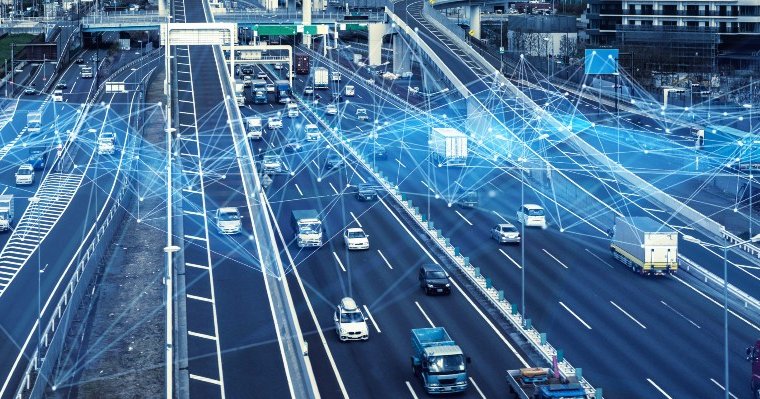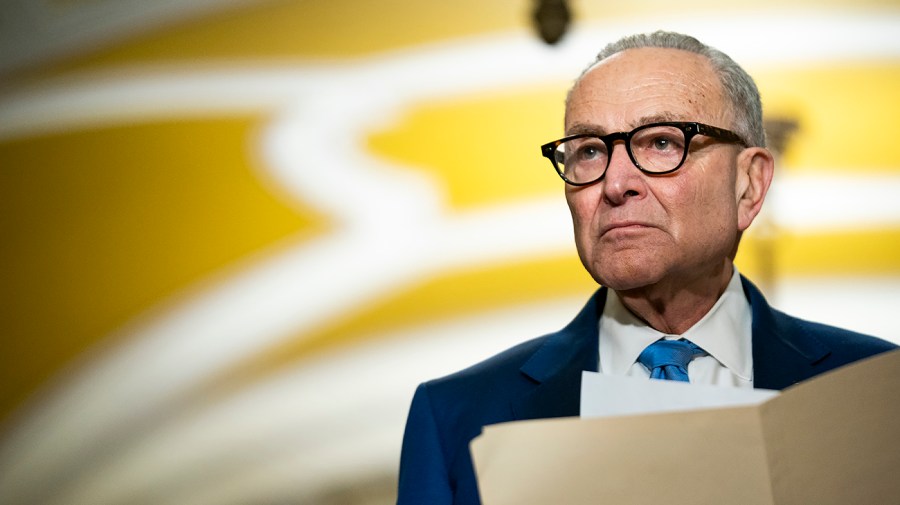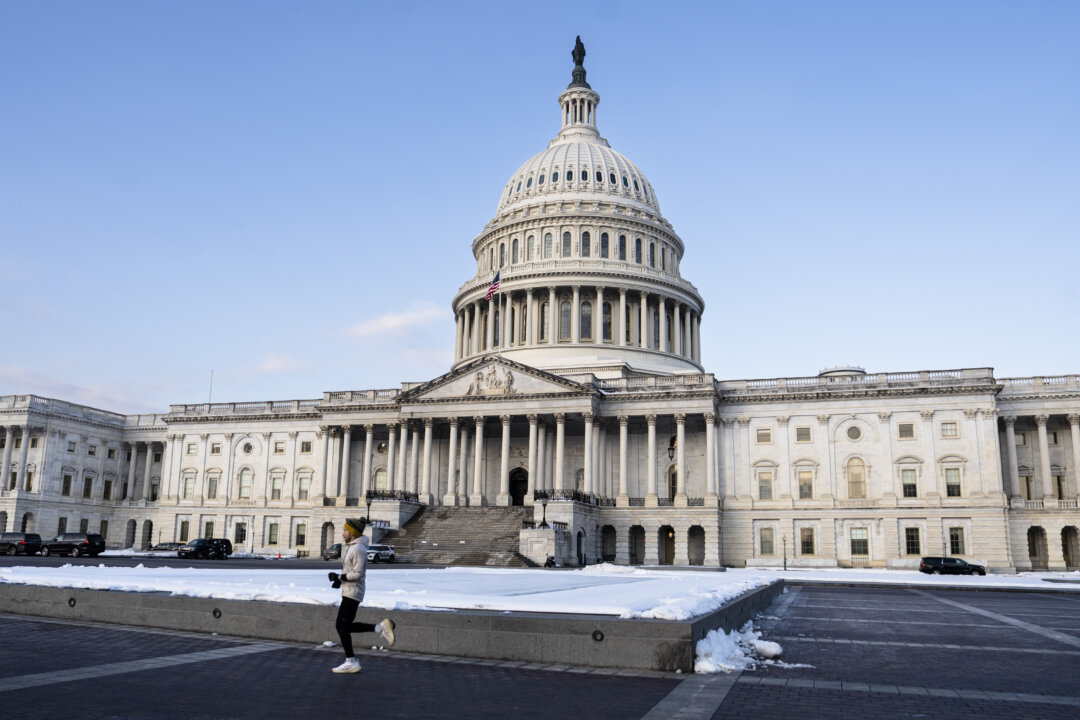
EU and US crisis concept as a Broken Rope stretched with force and stressed to a decoupling metaphor for pressure on the economic and political relationship between Brussels and Washington.
The European Union (EU) has announced revisions to its proposed AI Act, prompting discussions about potential influences from the United States (U.S.). Despite these changes, the EU maintains that its agenda remains unaffected by external pressures, particularly from Washington.
The European Commission, which is responsible for proposing legislation within the EU, insists that it is committed to shaping its regulatory framework for artificial intelligence independently. In statements made in March 2024, officials emphasized that the EU will not allow the U.S. to dictate its policies regarding AI technologies.
Concerns Over AI Regulations
The revisions to the AI Act come at a time when the technology sector is closely monitoring regulations that could significantly impact innovation and competition. The act aims to establish a comprehensive regulatory environment for AI systems, addressing risks and ensuring ethical standards across member states.
Critics have voiced concerns that the EU’s modifications might dilute the intended scope of the legislation, leading to a less stringent regulatory framework. This aligns with reports suggesting that the EU is seeking to balance innovation with safety, reflecting a cautious approach to the rapidly evolving AI landscape.
European lawmakers are set to debate the revised proposals in the European Parliament. The discussions will focus on key aspects of the act, including transparency requirements and accountability measures for AI developers. The intent is to create a framework that fosters innovation while safeguarding public interest.
EU’s Position on External Influences
The European Commission’s stance against external influences is particularly significant given the growing international competition in AI technologies. In response to claims of U.S. interference, a spokesperson for the Commission stated, “The EU’s regulatory framework is guided by its own principles and priorities, independent of external pressures.”
This position underscores the EU’s commitment to establishing itself as a leader in responsible AI development. The Commission aims to create regulations that not only enhance safety but also encourage technological advancement. As the debate unfolds, the EU’s approach may set a precedent for other regions grappling with similar challenges.
The outcome of these discussions will likely influence the global AI landscape, as nations look to the EU for guidance on best practices and regulatory frameworks. The implications of the AI Act will resonate beyond Europe, affecting how AI technologies are developed and deployed worldwide.
As the situation develops, stakeholders in the technology sector are urged to stay informed on the EU’s legislative progress and its potential impact on global AI standards.







